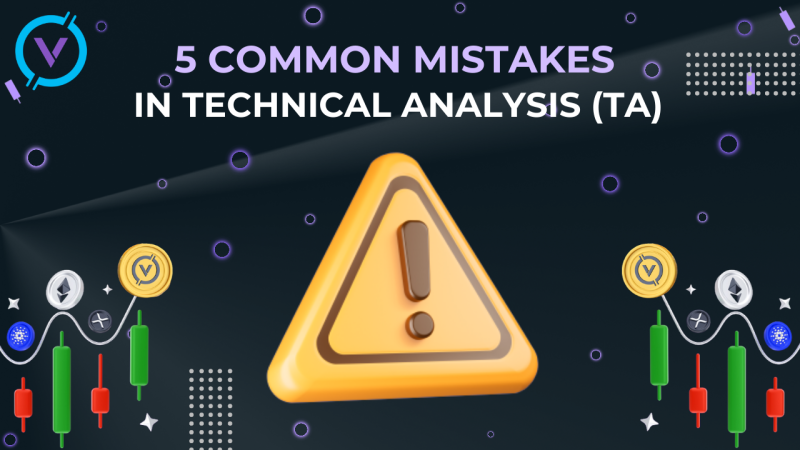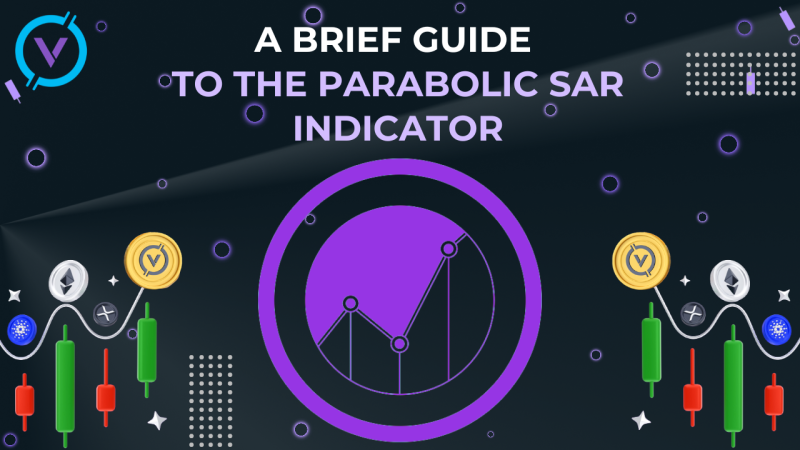Every sector can do nicely if it is connected with Blockchain technology. This method will affect managing networks, fulfilling fair and quick operations. Of course, it will make great improvements in the sphere of governance. There are also some systems that are based on Blockchain. They can help eliminate voting fraud and the necessity for trust in the case of elections and various processes in every country.
Blockchain technology will definitely help to avoid corruption, enhancing information integration as well as traceability in a valuations of steps, beginning from tax base to financial aid distributions.
Why should governments think about using blockchain?
For sure, using blockchain in governance can have a lot of pros. There are a lot of reasons for using it on the governance level, too.
The following reasons can be named:
- raising of decentralization
- integration of data, transparency
- as long as efficiency
- desirable costs of operations.
Decentralization and information integrity
In other situations, non-governmental parties, universities, and people can also take part as validating nodes that can lead to an even bigger amount of decentralization. Additionally, the mentioned confirmation options can prevent different usual kinds of mistakes: information entry mistakes (for instance, a block of information that lacks fundamental data will not be proved by the distributed network of nodes.
Of course, blockchain can be very useful and significant in the election process. Democracy is all about honesty as well as open elections. It means that blockchain's big level of immutability makes it a marvelous solution for confirmation that votes cannot be tampered with. Besides giving additional safety for votes cast at polling places, blockchain owns the potential to change safety online voting into a real one.

With the help of blockchain databases it becomes safe for the government to keep data in a way that makes it harder for all citizens to manipulate or even not reveal any data.
With the use of this model, a lot of governmental information is kept in centralized databases. They are kept immediately by the authorities.
Some of these databases are under the control of only several people. It makes manipulation rather easy to get away with.
In these circumstances, a blockchain can be appropriate due to the fact that it can divide the process of confirming and keeping information in order to multiple parties, effectively decentralizing power.
Consequently, blockchains can be used as a transparent database, which are able to delete the necessity for trust between governmental sides and citizens. For example, several European authorities are discovering the potential of blockchain-based registries to avoid the happening of property disputes. Such an option can be based on a divided system.
The access to it should be confirmed by two sides:
- Governmental sides
- Citizens.
Of course, every party can keep a copy of the official documents and request in a safe way.

With the help of blockchain in governance it becomes very real to minimize operational costs.
It can be done with the help of maximizing the work productivity of national institutions.
We know that governments depend on taxpayer funds. It means that it is very significant for them to use the budgets in a smart way.
Blockchain systems and smart contracts can be used to automate any task. It will minimize time and money spent on official processes.
Tax collection is another key area of governance in which blockchain technology could be applied. Blockchain-based ledgers can easily move funds between parties following preset conditions.
For instance, by storing records and processing returns on private blockchains, tax collection agencies could also provide improved security to protect individual taxpayers from fraud or identity theft.
Several limitations
We should be very attentive and careful in case we are speaking about using blockchain in the governance sphere. On the one hand, it can boost and advance data interconnection, transparency, as well as efficiency. On the other hand, there are several disadvantages of using blockchain in the governance sphere. It is connected with its usage in the public sector.
In case several blockchain implementations can be created in a much more flexible way, letting information be changed, it will require the confirmation (consensus) of most validating nodes. It can possibly cause questions about the decentralization of the system, and eventually lead to disagreements.
Conclusion
After looking into the article we can confirm that blockchain systems can be used in governance. Of course, one should not forget about both advantages and disadvantages of blockchain systems in this sphere. Before starting to take part in it, please, do research in this sphere. It will be very useful. The most famous pros of using blockchain systems in governance are transparency, streamlining the tax gathering process as well as distributed networks.
All in all, it will definitely enable governments to function more productively. Governments will be able to create more powerful stages, which will be trustworthy. Citizens will believe them in this case. We should remember that it can be true in the near future. Additionally, we have some usage of blockchain systems in governance because some governments have already tried it.
It is unbelievable but we can speak about such examples. It was years before creation of the blockchain. The best example is Estonia. We hope that this sphere of blockchain will be advancing and developing.


